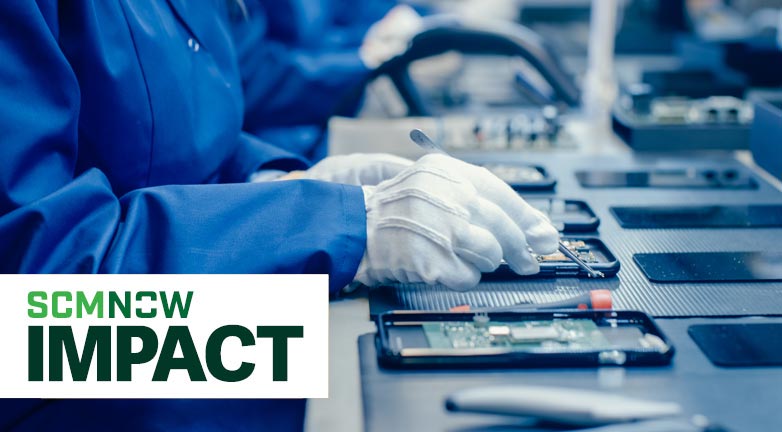Feature

High-Skilled Manufacturing Jobs Create Positive Social Impact in Africa
The Mara Group, developer of Africa’s first high-tech, smartphone factory, has begun selling two types of phones. President Paul Kagame says this is a breakthrough development for his country that will put smartphone ownership within reach of more Rwandans. He called Mara’s facility “a complex manufacturing operation requiring significant technical skill and expertise.”
In Rwanda, internet penetration currently stands at 52.1%, up from 7% in 2011. Phone penetration has grown to 80.6%, from 33% in 2010.
“The smartphone is no longer a luxury item,” Kagame said at a press conference. “It is rapidly becoming a requirement of everyday life.”
CNN reporter Kieron Monks says the smartphones manufactured at Mara’s facility are intended to address a widespread need for fast, reliable internet; build digital literacy; and contribute to the nation’s rapid economic growth, as well as its potential to become an economic leader and innovation hub.
Mara CEO Ashish Thakkar says that by providing high-quality, affordable smartphones, his company can help create positive social impact and financial inclusion throughout the continent. He also stressed his organization’s commitment to supporting advancement in Rwanda, noting that 90% of the 200 factory employees are Rwandans and 60% are women.
The Rwandan government’s Digital Ambassadors Program aspires to achieve 100% digital literacy among people 16-30 years old and 60% of the adult population by 2024. Paula Ingabire, Minister of Information and Communications Technology and Innovation, says she hopes Mara’s plant will play a key role in creating higher-skilled manufacturing jobs, improving access to mobile services and driving financial inclusion in rural communities.
Conveying supply chain know-how
This week, ASCM announced that we received a grant from The Global Fund (TGF) to Fight AIDS, Tuberculosis and Malaria. It will be used to develop a long-term, transformational learning program in Africa, starting in Nigeria. We are proud to support TGF’s supply chain organizational strength-building activities and play our part in developing sustainable solutions that address critical supply chain challenges.
The initiative focuses on heightening the capabilities of leaders, professionals and the public workforce to maximize learning, development and organizational transformation. Key tenets include the following:
- ASCM will train 1,500 Nigerians through a 10-course program. The curriculum will give them the skills they need to build and run effective supply chains in their local markets.
- African leaders at the national, state-regional and local levels will participate. These stakeholders will generate an improvement portfolio and organizational capability-building plan while earning the industry-leading APICS SCOR-Professional and Certified Supply Chain Professional designations.
- Key partners and instructors will help implement the organizational capability plan using the best-in-class APICS Certified in Production and Inventory Management and Certified in Logistics, Transportation and Distribution designations, as well as ASCM’s online education platform, Principles on Demand.
ASCM’s partnership with TGF will shape and improve the lives of Africans economically, environmentally and socially. I encourage you to learn more about the ASCM Foundation and how it is leveraging our globally recognized content and certifications to make a difference for people and communities around the world. Visit ascm.org/making-an-impact today.